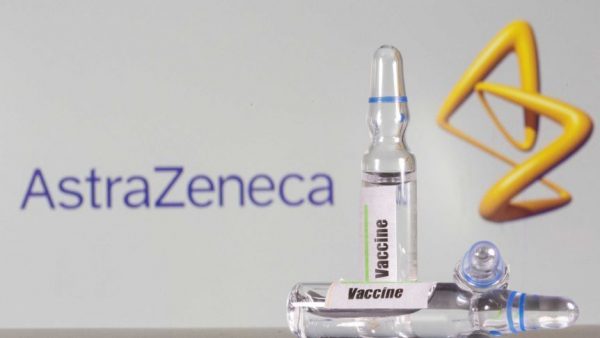
President Luis Abinader says the country is not ruling out taking the contract between the Dominican government and the pharmaceutical company AstraZeneca to international arbitration. The reality is that the country had to make major alternative purchases, with Sinovac of China, to secure vaccines when AstraZeneca and Pfizer did not deliver on time.
While the Dominican Republic’s first batch of vaccines was of the AstraZeneca brand, those that came were not those contracted. Good relations with the government of India enabled a first batch of vaccines to come from the India manufacturer of the vaccines. These were used to vaccinate health care workers in February 2021.
The President said that AstraZeneca breached the contract and now wants to deliver all the vaccines at once, which would unbalance the vaccination schedule followed in the Dominican Republic. The Dominican Republic has a surplus of vaccines.
“We cannot accept now that they send us all the vaccines at once because they have vaccines and they did not send them to us when we needed them. Well, they did not comply, so by not complying, the contract is not valid either,” said the governor. He said the company now wants to deliver all the vaccines at a moment’s notice, and vaccines that are going to expire in six months.
“Either they accept and deliver them to the extent that we need them or there will be arbitration or we will go to court,” said Abinader during an interview on the program El Sol de la Mañana radio talk show.
At the end of 2020, the Dominican government and AstraZeneca UK Limited, signed a contract for 10 million doses of the vaccine against the coronavirus. The purchase is worth approximately US$40 million, with an initial payment of US$8 million provided by the country’s private sector.
The contract established that the state shall cover the total price as follows: (i) a non-refundable payment of 20% on the effective date of the contract; (ii) a payment of 40% when the vaccine is approved by the Dominican health authorities, the UK’s Medicines and Healthcare Products Regulatory Agency (MI IRA), the US Food and Drug Administration (FDA) or the European Medicines Agency (EMA); and (iii) a payment or several payments of the remaining 40% as and when the doses are delivered to the State.
Read more in Spanish:
N Digital
29 March 2022

